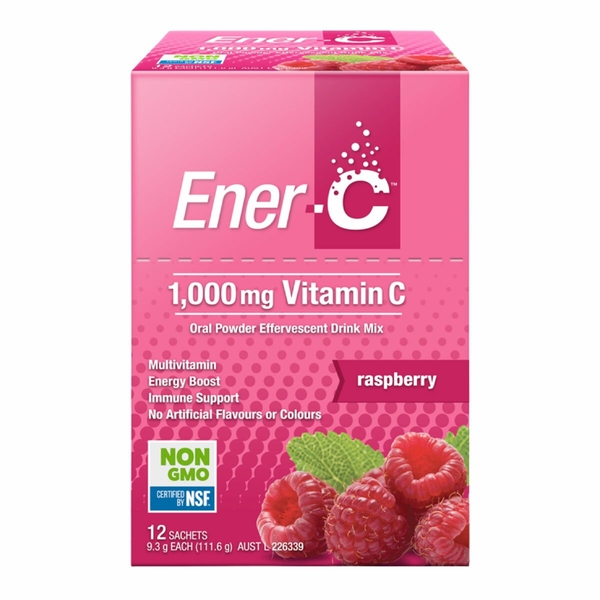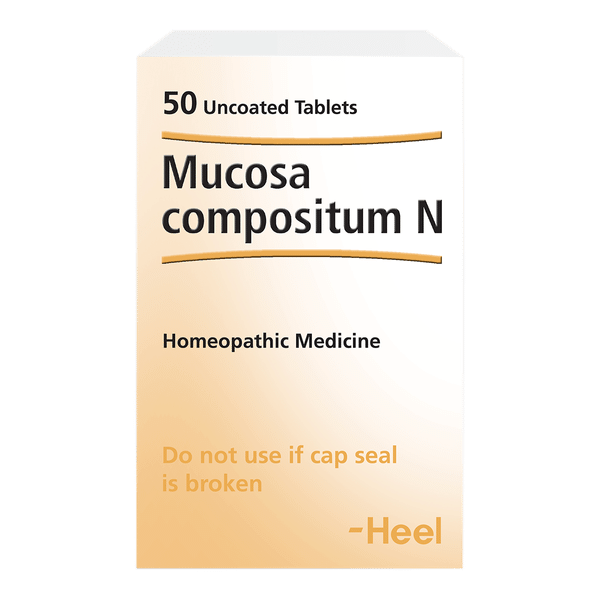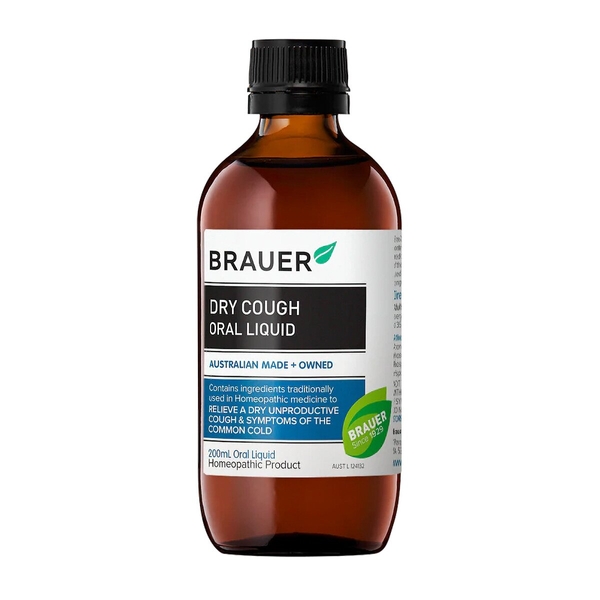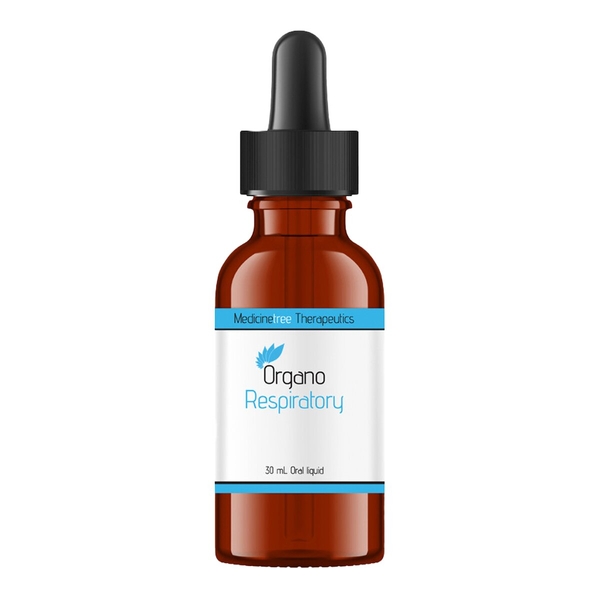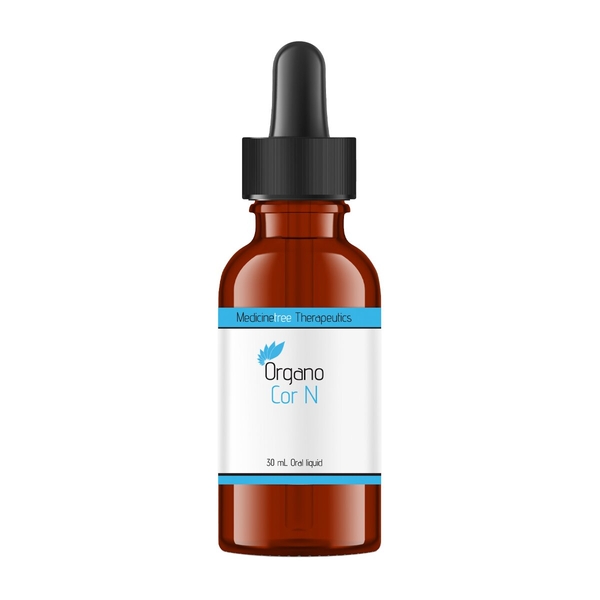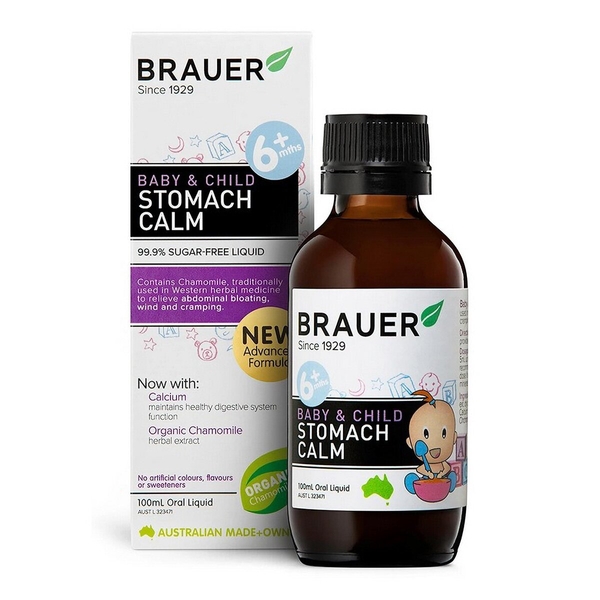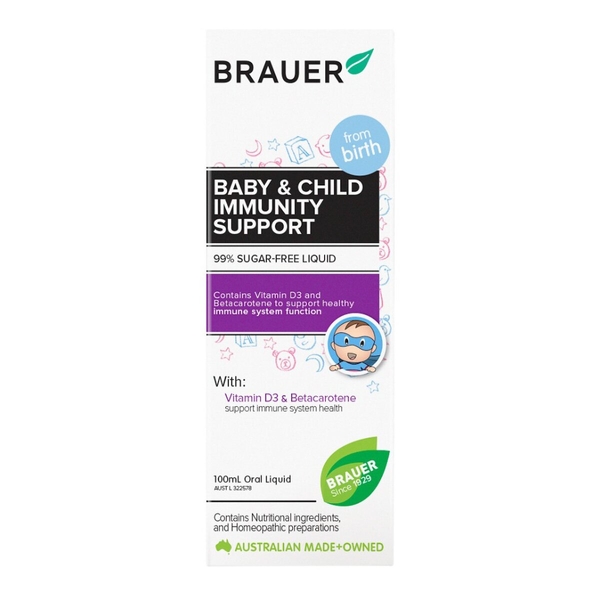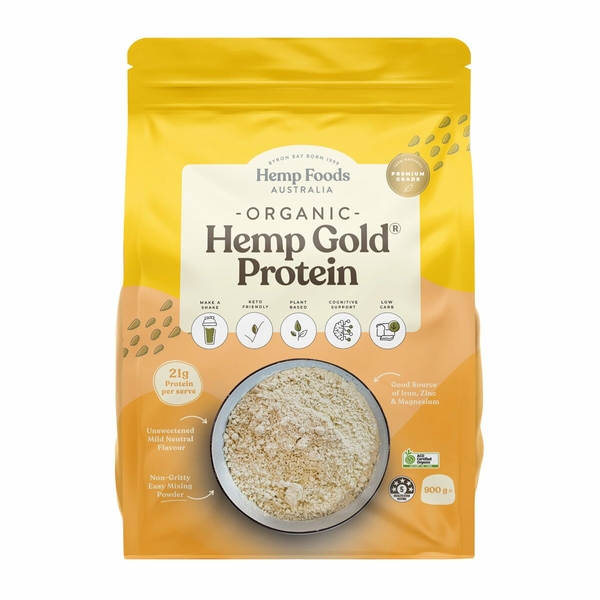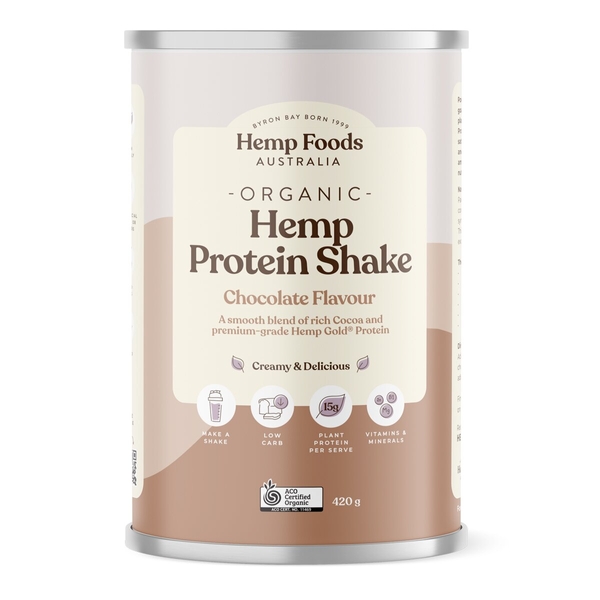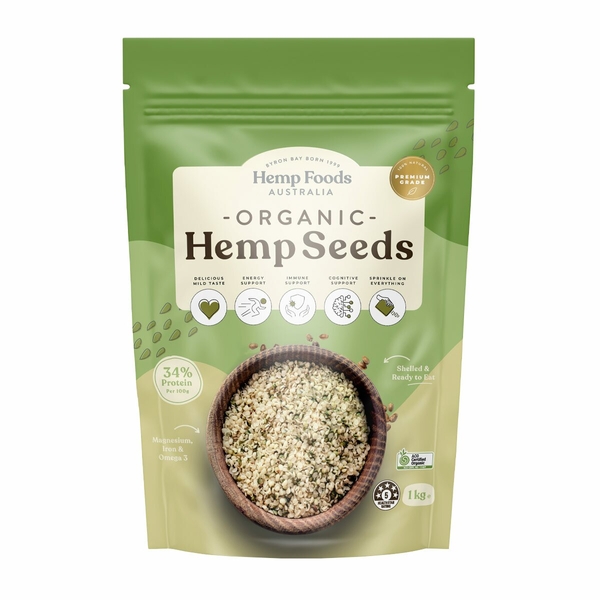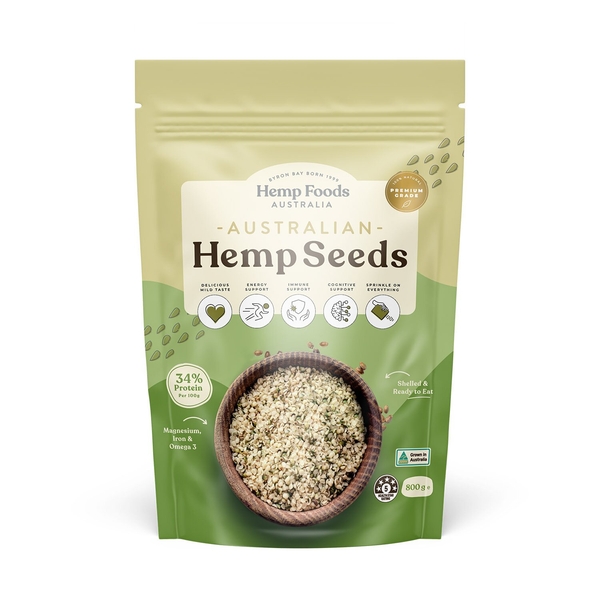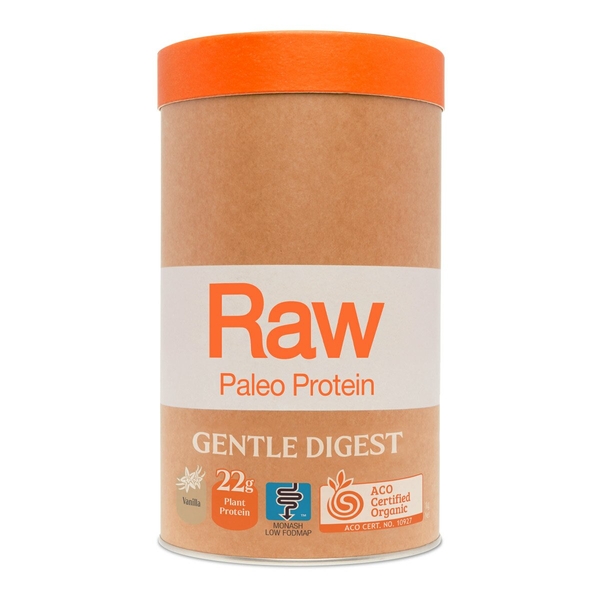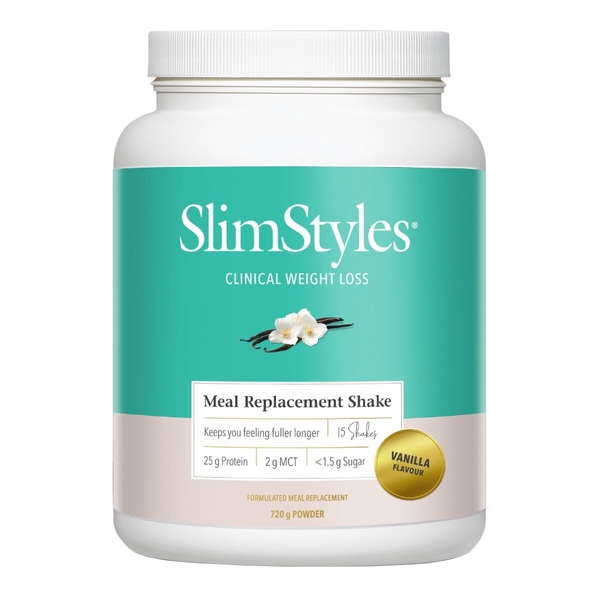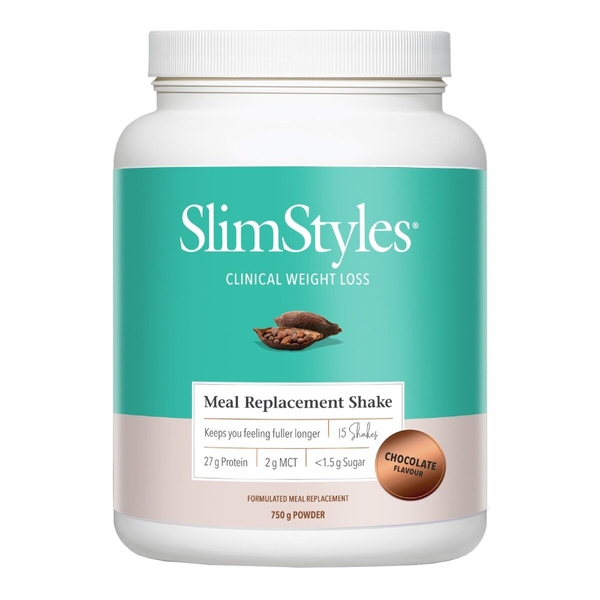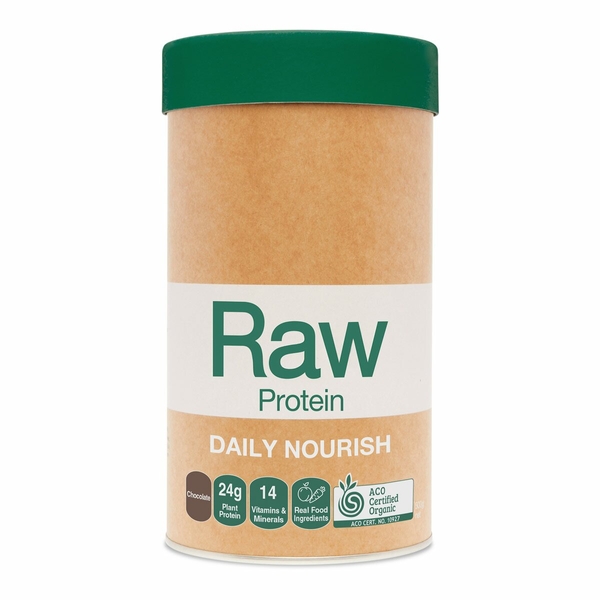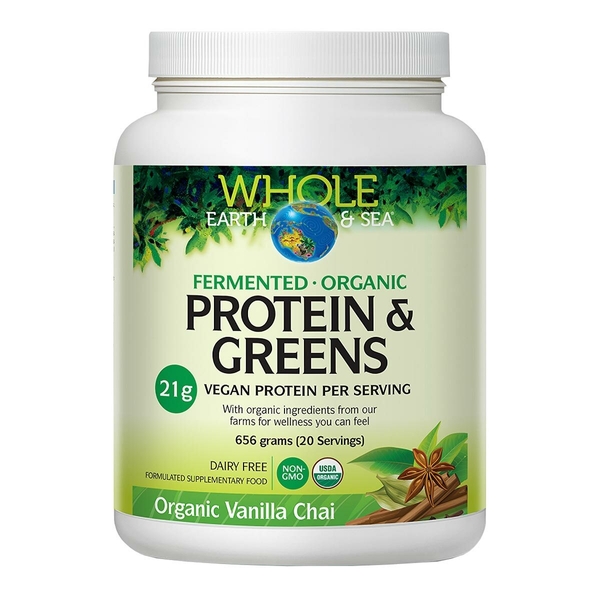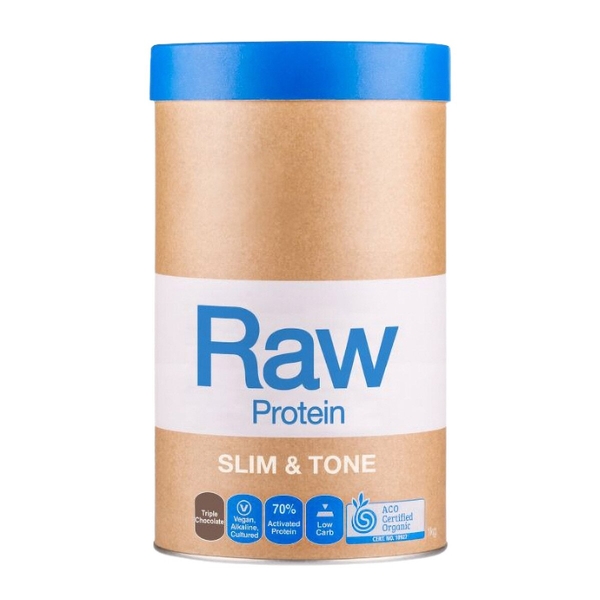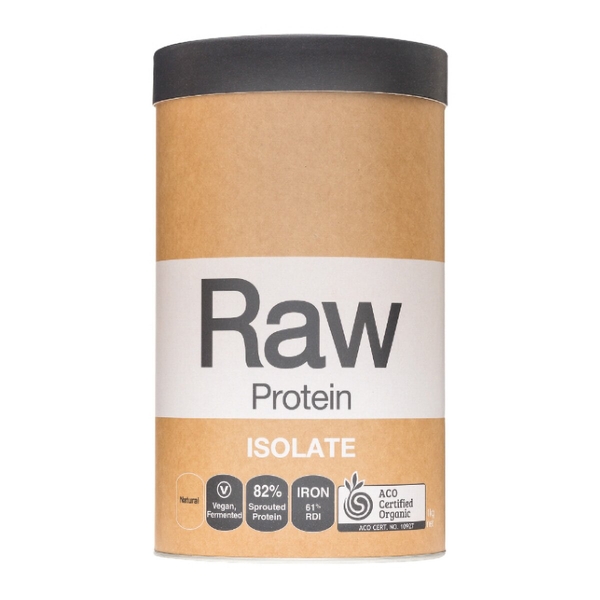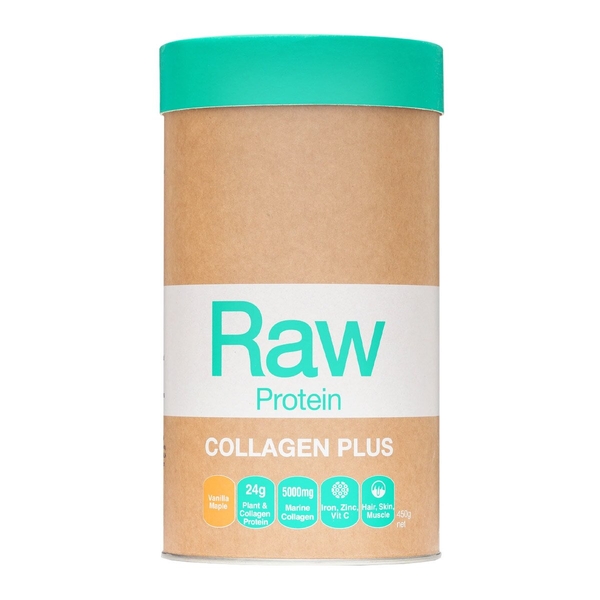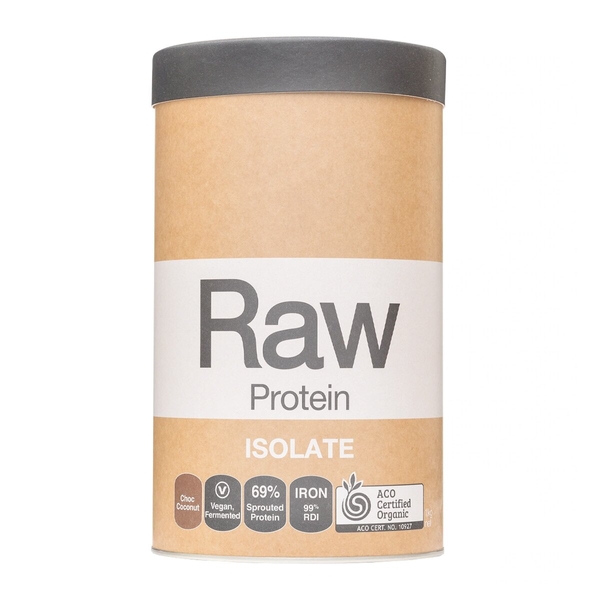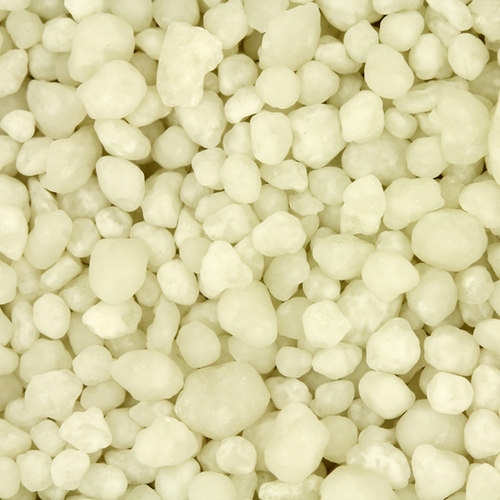
Background
Phosphates are involved in cell structure, energy transport and storage, vitamin function, and many other essential processes in the body. Phosphate salts can act as laxatives by causing more fluid to be drawn into the intestines and making the gut push out its contents faster.
People use phosphate salts for bowel cleansing, low blood levels of phosphate, constipation, high blood levels of calcium, and heartburn. They are also used for athletic performance, osteoporosis, and many other conditions, but there is no good scientific evidence to support these other uses.
Safety Safety definitions
Phosphate salts (as phosphorous) are possibly unsafe when taken in doses higher than 4 grams daily for adults 70 years and younger, or in doses higher than 3 grams daily for people over 70 years. Regular long-term use can upset the balance of phosphates and other chemicals in the body and should be monitored by a healthcare professional to avoid serious side effects.
When given as an enema (rectally): Phosphate salts are likely safe for most people when inserted into the rectum appropriately and short-term. But these products shouldn't be used more than once daily.
Special Precautions & Warnings:
Pregnancy and breast-feeding: Phosphate salts are commonly consumed in the diet. Phosphate salts are possibly unsafe when taken in amounts above the tolerable upper intake level (UL). The UL is 3.5 grams daily during pregnancy and 4 grams daily while breast-feeding.Children: Phosphate salts are commonly consumed in the diet. Phosphate salts are possibly unsafe when taken in amounts that exceed the tolerable upper intake level (UL). The UL is 3 grams daily for children 1-8 years old and 4 grams daily for children 9 years and older.
Giving a sodium phosphate enema to children OVER 2 years of age is likely safe when no more than one dose is given every 24 hours. But it is likely unsafe to give more than one dose every 24 hours, or to give a sodium phosphate enema to children who are under 2 years of age.
Gastrointestinal (GI) conditions:: Sodium phosphate can cause damage to the intestines in some people. If you have an obstruction or have an inflammatory GI condition, avoid using sodium phosphate.
High levels of calcium in the blood (hypercalcemia):: Use phosphate salts cautiously if you have hypercalcemia. Too much phosphate could cause calcium to be deposited where it shouldn't be in your body.
High levels of phosphate in the blood: People with Addison's disease, severe heart and lung disease, kidney disease, thyroid problems, or liver disease are more likely to have too much phosphate in their blood when they take phosphate salts. Use phosphate salts only while under the care of a healthcare professional if you have one of these conditions.
Kidney disease: Use phosphate salts only while under the care of a healthcare professional if you have kidney problems.
Effectiveness
- Emptying the colon before a colonoscopy. Taking sodium phosphate products by mouth before a colonoscopy is effective for bowel cleansing. Some sodium phosphate products are approved by the US FDA for this use. But taking sodium phosphate can increase the risk of kidney damage in some people and should be used with caution.
- Low levels of phosphate in the blood (hypophosphatemia). Taking sodium or potassium phosphate by mouth or by IV is effective for preventing or treating low phosphate levels in the blood. IV products can only be given by a healthcare provider.
- Constipation. Sodium phosphate is an FDA-approved over-the-counter (OTC) ingredient for treating constipation. OTC products are taken by mouth or used as enemas.
- Indigestion (dyspepsia). Aluminum phosphate and calcium phosphate are FDA-approved ingredients in OTC antacids.
- High levels of calcium in the blood (hypercalcemia). Taking phosphate salts by mouth is likely effective for treating high levels of calcium in the blood. But calcium phosphate should not be used since it contains calcium and can increase calcium levels.
- Kidney stones. Taking potassium phosphate by mouth can help prevent calcium kidney stones from forming in people with high urine levels of calcium.
Dosing & administration
Interactions with pharmaceuticals
Bisphosphonates
Interaction Rating=Moderate Be cautious with this combination.
Bisphosphonate medications and phosphate salts can both lower calcium levels in the body. Taking large amounts of phosphate salts along with bisphosphonate medications might cause calcium levels to become too low.
Erdafitinib (Balversa)
Interaction Rating=Major Do not take this combination.
Erdafitinib increases the amount of phosphate in the blood. Taking phosphate salts along with erdafitinib can cause very high phosphate levels and serious side effects. Avoid phosphates when using erdafitinib.
Futibatinib (Lytgobi)
Interaction Rating=Major Do not take this combination.
Futibatinib increases the amount of phosphate in the blood. Taking phosphate salts along with futibatinib can cause very high phosphate levels and serious side effects. Avoid phosphates when using futibatinib.
Interactions with herbs & supplements
Iron: Phosphate can bind with iron. This reduces the body's ability to absorb phosphate and iron. To avoid this interaction, phosphate should be taken at least 2 hours before or after taking iron.
Magnesium: Phosphate can bind with magnesium. This reduces the body's ability to absorb phosphate and magnesium. To avoid this interaction, phosphate should be taken at least 2 hours before or after taking magnesium.
Interactions with foods
Products
View all products- Calcium phosphate 34.67 mg equiv. phosphorus 5.5 mg
- Potassium phosphate monobasic 96.52 mg equiv. potassium 28 mg equiv. phosphorus 21.95 mg
- Ascorbic acid (Vitamin C) 1 g
- Retinyl acetate (Vitamin A) 859.75 µg equiv. retinol equivalents 750 µg
- d-alpha-Tocopheryl acetate 21.47 mg equiv. vitamin E 15 IU
- Cyanocobalamin (Vitamin B12) 25 µg
- Zinc ascorbate 5 mg equiv. zinc 785 µg
- Nicotinamide (Vitamin B3) 5 mg
- Pyridoxine hydrochloride (Vitamin B6) 2 mg equiv. pyridoxine 1.6 mg
- Folic acid 40 µg
- Calcium pantothenate (Vitamin B5) 2.5 mg equiv. pantothenic acid 2.29 mg
- Potassium iodide 198.55 µg equiv. iodine 150 µg
- Magnesium carbonate 122.36 mg equiv. magnesium 29.5 mg
- Manganese gluconate 4.55 mg equiv. manganese 500 µg
- Chromium picolinate 96.52 µg equiv. chromium 12 µg
- Cysteine hydrochloride 3.5 mg
- L-aspartic acid 7 mg
- Total Calcium 50 mg
- Quercetin dihydrate 20 mg
- Phosphorus
- Argentum nitricum
- Atropa belladonna
- Hydrastis canadensis
- Mucosa coli suis
- Mucosa ductus choledochi suis
- Mucosa duodeni suis
- Mucosa ilei suis
- Mucosa jejuni suis
- Mucosa nasalis suis
- Mucosa oculi suis
- Mucosa oesphagi suis
- Mucosa oris suis
- Mucosa pulmonis suis
- Mucosa pylori suis
- Mucosa recti suis
- Mucosa vesicae felleae suis
- Mucosa vesicae urinariae suis
- Nux vomica
- Pancreas suis
- Pulsatilla
- Anacardium orientale
- Ceanothus americanus
- Condurango
- Ipecacuanha
- Kalium bichromicum
- Kreosotum
- Lachesis mutus
- Mandragora
- Momordica balsamina
- Oxalis acetosella
- Ventriculus suis
- Sulphur
- Veratrum album
- Phosphorus
- Bryonia alba
- Kalium bichromicum
- Rumex crispus
- Sanguinaria canadensis
- Spongia tosta
- Aconitum napellus (Aconite)
- Atropa belladonna
- Hyoscyamus niger
- Phosphorus
- Oriental cockroach
- Grp. A1 - Mixed inhalants
- Corticotrophin
- Antimony potassium tartrate trihydrate (Ant tart)
- Porcine bronchi
- Eriodictyon crassifolium
- Porcine lymph nodes
- Porcine lung
- Phosphorus
- Crataegus monogyna (Hawthorn)
- Lycopus virginicus
- Porcine aorta
- Porcine heart
- Porcine pericardium
- Porcine mitral valve
- Porcine coronary vein
- Porcine heart ventricles
- Adonis vernalis
- Selenicereus grandiflorus
- Cytisus scoparius
- Strophanthus hispidus
- Porcine artery
- Cholesterol
- Cannabis sativa powder 20.65 g
- Coconut milk powder
- Vanilla planifolia (Vanilla bean extract)
- Sunflower lecithin
- Silica - colloidal anhydrous
- Thaumatin
- Theobroma cacao powder 9.8 g
- Natural chocolate flavour
- Natural flavours
- Tapioca maltodextrin
- Acacia sp.
- Golden pea protein (sprout) bio-fermented
- Plukenetia volubilis (Sacha Inchi protein)
- Arthrospira platensis (Spirulina)
- Spinacia oleracea (Spinach)
- Sweet potato powder
- Cucurbita pepo (seed)
- Sunflower seed
- Linum usitatissimum (seed) (Flaxseed)
- Millet
- Quinoa powder
- Chia (seed)
- Molasses (Cane juice)
- Ananas comosus (Bromelain)
- Acacia sp. (gum)
- Stevia rebaubiana
- Natural flavours
- Medicago sativa
- Pouteria lucuma (fruit) powder
- Whey protein concentrate
- Whey protein isolate
- Flavour
- Medium Chain Triglycerides (powder) (MCT)
- Calcium phosphate dibasic
- Magnesium citrate
- Cyamopsis tetragonoloba (Guar gum)
- Calcium citrate
- Zinc gluconate
- Ascorbic acid (Vitamin C)
- Beta-carotene carotenoids (Vitamin A)
- Chromium chloride
- Ferrous fumarate
- d-alpha-Tocopheryl acetate
- Niacinamide (Vitamin B3)
- Copper sulfate
- Magnesium citrate
- Cholecalciferol
- Folic acid
- Pyridoxine hydrochloride (Vitamin B6)
- Calcium pantothenate (Vitamin B5)
- Riboflavin (Vitamin B2)
- Sodium selenite
- Thiamine hydrochloride (Vitamin B1)
- Cyanocobalamin (Vitamin B12)
- Biotin
- Potassium iodide
- Sodium molybdate
- Soy lecithin
- Stevia rebaubiana
- Whey protein concentrate
- Whey protein isolate
- Soy lecithin
- Theobroma cacao (Cocoa powder)
- Medium Chain Triglycerides (powder) (MCT)
- Calcium phosphate dibasic
- Flavour
- Magnesium citrate
- Cyamopsis tetragonoloba (Guar gum)
- Calcium citrate
- Zinc gluconate
- Ascorbic acid (Vitamin C)
- Beta-carotene carotenoids (Vitamin A)
- Chromium chloride
- Ferrous fumarate
- d-alpha-Tocopheryl acetate
- Calcium pantothenate (Vitamin B5)
- Riboflavin (Vitamin B2)
- Sodium selenite
- Thiamine hydrochloride (Vitamin B1)
- Cyanocobalamin (Vitamin B12)
- Biotin
- Potassium iodide
- Sodium molybdate
- Niacinamide (Vitamin B3)
- Copper sulfate
- Manganese citrate
- Cholecalciferol
- Folic acid
- Pyridoxine hydrochloride (Vitamin B6)
- Golden pea protein (sprout) bio-fermented
- Theobroma cacao (Cocoa powder)
- Sea mineral complex
- Magnesium (marine)
- Zingiber officinale
- Spinacia oleracea (Spinach)
- Brassica oleracea var. italica
- Daucus carota powder (Carrot)
- Beta vulgaris (root) powder (Beetroot)
- Lycopersicon esculentum (Tomato)
- Lentinula edodes
- Malus (Apple)
- Vaccinium macrocarpon
- Natural cherry flavour
- Orange
- Vaccinium corymbosum
- Fragaria ananassa (Strawberry)
- Natural flavours
- Pea (fibre) sprouted
- Acacia sp. (gum)
- Stevia rebaubiana
- Pea protein concentrate
- Oryza sativa (Rice protein)
- Hordeum vulgare
- Wheatgrass powder
- Amaranth powder
- Quinoa powder
- Medicago sativa
- Malus (Apple)
- Vaccinium corymbosum
- Vaccinium macrocarpon
- Daucus carota powder (Carrot)
- Coriandrum sativum
- Petroselinum crispum
- Cynara scolymus
- Raphanus raphanistrum (Wild radish)
- Taraxacum officinale
- Brassica oleracea var. acephala (leaf) powder (Kale)
- Apium graveolens
- Beta vulgaris
- Spinacia oleracea (Spinach)
- Lycopersicon esculentum (Tomato)
- Brassica oleracea var. italica
- Armoracia rusticana
- Brassica oleracea var. viridis
- Nasturtium officinale
- Ocimum basilicum
- Piper nigrum
- Mentha spicata
- Natural flavours
- Malpighia glabra ext. dry
- Cordyceps sinensis
- Ganoderma lucidum
- Lentinula edodes
- Grifola frondosa
- Elettaria cardamomum
- Cinnamomum spp.
- Cannabis sativa (seed) powder
- Stevia rebaubiana
- Pumpkin seed protein
- Brassica oleracea var. botrytis (Cauliflower)
- Capsicum annuum
- Beta vulgaris (leaf) powder (Swiss Chard)
- Golden pea protein (sprout) bio-fermented
- Natural flavours
- Sea mineral complex
- Spinacia oleracea (Spinach)
- Arthrospira platensis (Spirulina)
- Chlorella pyrenoidosa powder
- Cinnamomum verum powder
- Glycyrrhiza glabra powder
- Zingiber officinale powder
- Taraxacum officinale powder
- Ginkgo biloba powder
- Eleutherococcus senticosus powder
- Silybum marianum powder
- Capsicum spp. powder
- Centella asiatica powder
- Syzygium aromaticum powder
- Stevia rebaubiana (leaf) ext.
- Ananas comosus (Bromelain)
- Theobroma cacao (Cocoa powder)
- Acacia sp. (gum)
- Golden pea protein
- Marine collagen peptides
- Natural flavours
- Amylase enzyme
- Protease
- Lipase
- Cellulase
- Stevia rebaubiana (leaf) ext.
- Hippophae rhamnoides juice
- Siraitia grosvenorii (Monk fruit)
- Lactase

